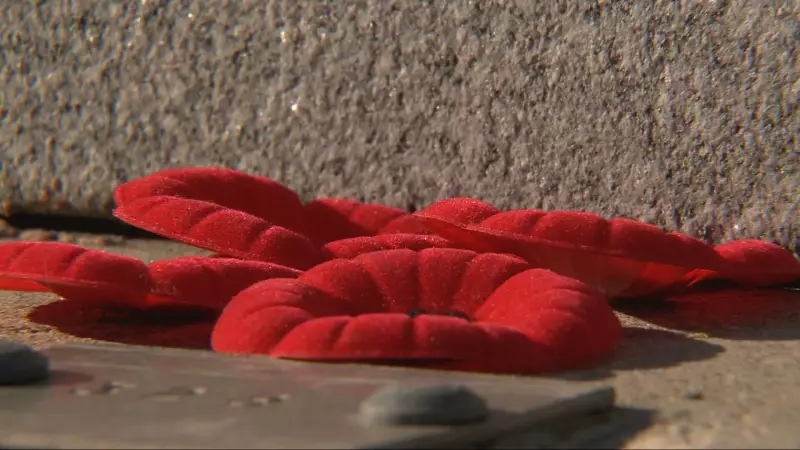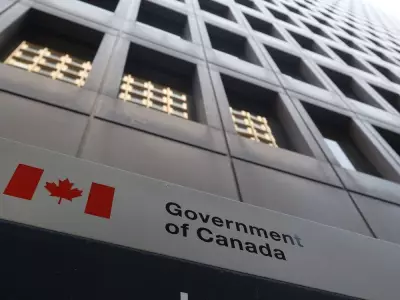
As poppies appear on lapels and gravestones across the country in preparation for Remembrance Day, a pressing question emerges: Is Canada doing enough to support those who served in uniform?
The Growing National Conversation
The timing of this discussion coincides with visible displays of remembrance across Canadian communities. In Winnipeg, poppies were recently observed adorning gravestones at Transcona Cemetery, serving as poignant reminders of the sacrifices made by military personnel. This visual symbolism has sparked deeper conversations about the practical support systems available to living veterans.
While official ceremonies and temporary displays of gratitude are common during November, many Canadians are questioning whether year-round support matches the ceremonial respect shown to veterans. The concern extends beyond symbolic gestures to tangible resources and assistance programs.
Current Support Systems and Gaps
Veterans Affairs Canada offers various programs including disability benefits, career transition services, and mental health support. However, advocates argue that accessing these resources often involves complex bureaucracy and lengthy wait times that can leave veterans struggling during critical periods.
The discussion about veteran support intersects with broader national issues, including the ongoing homelessness crisis highlighted by recent developments in Barrie, Ontario, where the city's last massive encampment was cleared. Some advocates have drawn connections between housing insecurity and veteran populations.
Municipal and Federal Responses
Barrie's mayor has been actively seeking solutions, recently traveling to Vancouver to build alliances that would pressure the federal government on homelessness issues. While not exclusively focused on veterans, these efforts acknowledge that former military personnel are among those affected by housing challenges.
Meanwhile, students at Villanova demonstrated their appreciation through action, planting flags to honor veterans. Such community-led initiatives show that public willingness to support veterans exists, though questions remain about whether government systems are adequately structured to deliver necessary assistance.
Looking Beyond Remembrance Day
The conversation extends beyond November ceremonies to year-round care considerations. With statistics Canada recently reporting disciplinary actions against employees for various misconduct, some are calling for similar scrutiny of how veteran services are administered.
As Canadians prepare to observe Remembrance Day on November 11th, the discussion about veteran support continues to evolve. The central question remains whether current systems provide meaningful, accessible assistance or if symbolic gestures are outpacing substantive support for those who served.





